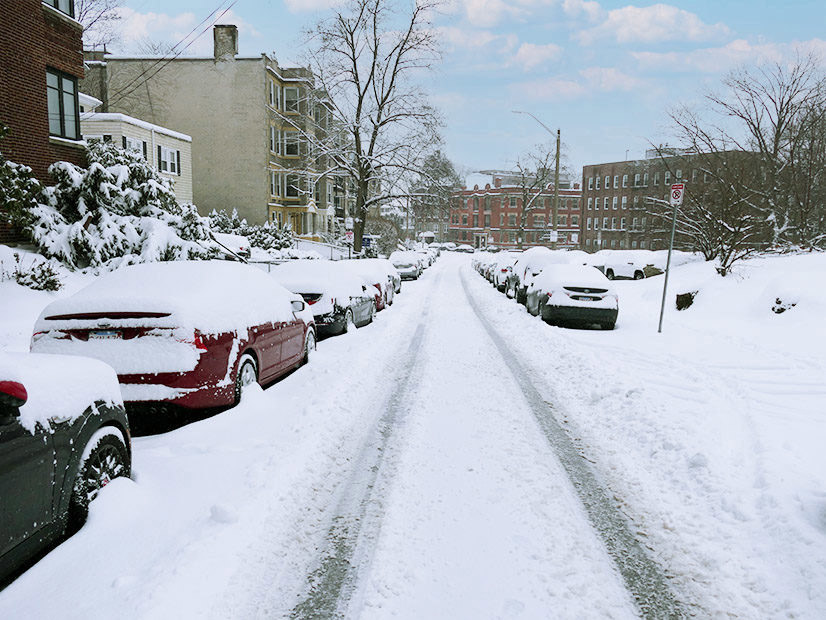In a special meeting Monday morning, NERC’s Board of Trustees agreed to adopt two new reliability standards for extreme cold weather, leaving approval by FERC as the last step before they become enforceable.
Trustees accepted EOP-011-4 (Emergency operations) and TOP-002-5 (Operations planning), both of which were produced by Project 2021-07 (Extreme cold weather grid operations, preparedness and coordination). NERC began the project in November 2021 to address the recommendations of the FERC-NERC joint report into the winter storms that struck Texas and the South Central U.S. that year. (See FERC, NERC Release Final Texas Storm Report.)
The new standards are part of the second phase of the project; FERC already approved two standards produced in phase 1 — EOP-012-1 (Extreme cold weather preparedness and operations) and EOP-011-3 (Emergency operations) — in February. (See FERC Orders New Reliability Standards in Response to Uri.) With the conclusion of phase 2, the team for Project 2021-07 will move into the third and final phase to address further changes to EOP-012-1 that FERC directed this year.
EOP-011-4 updates its predecessor with requirements for transmission operators (TOPs) and balancing authorities (BAs) to update their operating plans to address emergencies arising from “the critical natural gas infrastructure loads that fuel a significant portion of … generation.”
Under the new standard, TOPs would have to prioritize critical natural gas loads in manual and automatic load shedding; they also would have to identify entities that are required to assist with load shedding, and those entities would be required to develop a load-shedding plan that prioritizes critical natural gas infrastructure loads. BAs also would be required to exclude critical natural gas infrastructure loads from their demand response programs during periods of extreme cold weather.
TOP-002-5 would require each BA to develop an operating process for its area that addresses preparations for and operations during extreme cold weather periods. The process must contain methodologies for identifying the periods in which it applies, for determining adequate reserve margins during these periods, and for developing a five-day hourly forecast that considers weather, demand, resource commitment, and capacity and energy reserve requirements.
During Monday’s meeting, Trustee Jim Piro asked Soo Jin Kim, NERC’s vice president of engineering and standards, how the team decided on the threshold for determining “what is an acceptable reserve margin calculation.” Kim replied that the team felt it was important to encourage entities to get plenty of lead time ahead of any possible events.
“I know some of the entities did push for a three-day look-ahead with regards to adequate reserve margins, [but] at the end of the day, we asked that the entities [try to] coordinate as [far] ahead as possible. It does allow for future coordination,” Kim said.
Board Chair Ken DeFontes added that he felt it “particularly important” that utilities were required to think about how their load-shedding programs might impact the natural gas system and adjust their plans to ensure those impacts are as small as possible.
Following the unanimous vote for approval, DeFontes confirmed with Kim that the third phase should be complete in the beginning of 2024.




